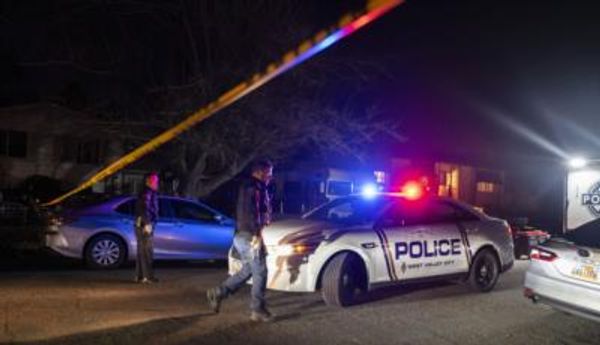Robinhood (HOOD) customers who complained about the brokerage's repeated outages in 2020 will finally receive compensation for not being able to buy or sell stocks on several trading days when the market rallied.
The brokerage, which has paid a number of fines to regulators in recent months, agreed to pay its customers $9.9 million in a settlement, according to documents filed with the U.S. District Court for the Northern District of California on Aug. 5.
The trading app which has been slashing jobs, will pay around 150,000 Robinhood users who complained about several outages in March 2020 during the stock market's historical rally.
"Plaintiffs submit that a 50% recovery in a complex case involving an unprecedented Outage is a significant recovery that will meaningfully compensate Settlement Class Members for their proposed losses," according to the settlement agreement. "The Settlement further allows Settlement Class Member that have initiated other legal proceedings against Robinhood or is unhappy with the Settlement Payment, to opt-out and preserve their rights."
Robinhood's Repeated 2020 Outages
The customers said in their lawsuit that they were harmed by the service outages and lost about $20.4 million because they were unable to place trades.
The first outage occurred on March 2, 2020 and extended into March 3 while another one took place on March 9, 2020, according to court documents.
The customers allege that the outage on March 2 lasted nearly the entire time the New York Stock Exchange was open, giving them a total of three minutes to make any trades. When Robinhood suffered an outage on March 2, the Dow Jones rose by 1,294 points, the largest point gain in history while the Nasdaq rose by 384 points, impacting its customers who were unable to participate in the rally.
Other Legal Problems
Robinhood recently lost in its efforts to avoid a court challenge over its behavior during the so-called meme-stock craze in early 2021.
U.S. District Court Judge Cecilia Altonaga in Miami said on Aug. 11 that investors who owned shares of AMC Entertainment AMC and GameStop GME plus seven other stocks can move forward with a proposed class action lawsuit.
The lawsuit alleges that the restrictions set by Robinhood artificially pushed down share prices when it banned investors from buying shares of stocks that were trading heavily in January 2021 such as GameStop and AMC.
The stocks rallied in early 2021 when investors on social media generated massive interest in the companies as potential short-squeeze targets, sending shares to new all-time highs. Some retail investors were restricted from trading several stocks by brokerages such as Robinhood while some hedge funds faced large losses when they bet against the so-called meme stocks.
The one-day period when Robinhood halted the ability of its customers to buy certain stocks occurred when its clearinghouse sought $3 billion in cash. The requirement was set by the National Securities Clearing Corporation.
Robinhood also limited the number of shares investors could purchase in some heavily traded stocks for a temporary period of time.
Robinhood Has History of Paying Fines
Robinhood was also fined $30 million by New York's Department of Financial Services because it was accused of violating anti-money laundering and cybersecurity regulations. The New York State Department of Financial Services announced on Aug. 2 it issued its first enforcement in the crypto sector.
The brokerage has been under the scrutiny of various regulators over the past couple of years and has paid another $135 million in fines already. In 2020, the brokerage paid $65 million after the SEC said it mislead customers. Robinhood also paid a $70 million fine in 2021 after the industry's regulator, the Financial Industry Regulatory Authority, said it mislead customers and was responsible for outages.







